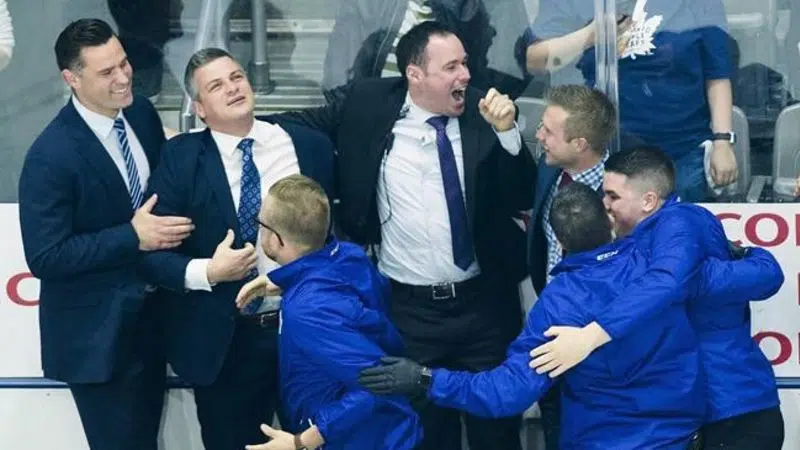
Keefe’s Key: Marlies coach has shown a willingness to adapt on and off the ice
TORONTO — Sheldon Keefe thought he had a pretty good understanding of his new world.
The owner/head coach of the Pembroke Lumber Kings — a junior-A hockey team located about 150 kilometres northwest of Ottawa — was winning title after title.
Keefe, a young man trying to chase away the demons that came to define him as a teenager before a knee injury abruptly ended his on-ice aspirations as a pro, was the toast of the town.


